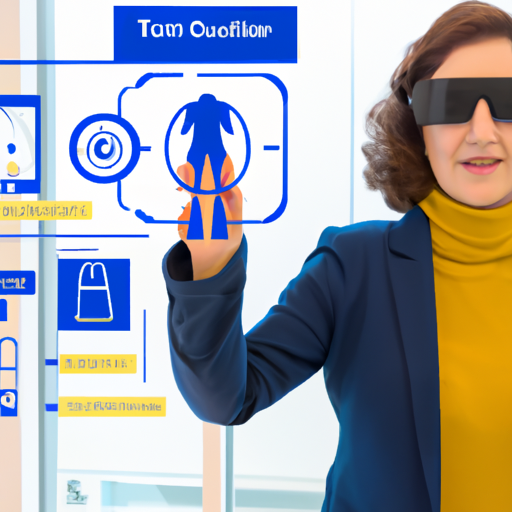The Transformative Role of AI in Retail
Artificial Intelligence (AI) is rapidly transforming the retail industry, creating new opportunities for businesses to enhance customer experience and streamline operations. From personalized shopping experiences to efficient inventory management, AI is becoming a game-changer in how retailers operate and connect with their customers.
Enhancing Customer Experience with AI
One of the most significant advantages of integrating AI into retail is the ability to enhance customer experience. Through the use of data analytics, machine learning, and natural language processing, retailers can offer personalized recommendations, dynamic pricing, and tailored promotions.
Personalized Shopping Experiences
AI algorithms analyze customer behavior, preferences, and past purchases to provide highly personalized shopping experiences. For example, online retailers like Amazon use AI to recommend products that customers are likely to buy, increasing satisfaction and driving sales.
Chatbots and Virtual Assistants
AI-powered chatbots are becoming a staple in the retail industry. They can handle customer inquiries, provide support, and assist with transactions, offering instant assistance to users at any time of the day. Retailers like Sephora utilize chatbots to engage customers, making the shopping experience more interactive and enjoyable.
Improving Operational Efficiency
AI not only transforms customer interactions but also significantly improves operational efficiency within retail environments. By automating tasks, optimizing inventory management, and enhancing supply chain logistics, retailers can save time and resources.
Inventory Management
Effective inventory management is crucial for retailers to meet customer demands without overstocking or understocking products. AI applications analyze sales data and market trends, providing retailers with insights on what to stock and when, ultimately reducing costs and increasing profitability.
Predictive Analytics
AI-driven predictive analytics enable retailers to forecast trends and customer behaviors. This capability helps businesses to make informed decisions about inventory purchases, marketing strategies, and even store layouts, leading to a more efficient operation overall.
Future of AI in Retail
The future of AI in retail looks promising, with continual advancements in technology and increasing demand for personalized shopping experiences. As more retailers adopt AI strategies, we can expect enhanced customer engagement, improved operational processes, and ultimately, increased revenues. Retailers willing to embrace these technologies will stand out in an increasingly competitive landscape.
Conclusion
In conclusion, AI is no longer just a buzzword but a crucial tool for retailers aiming to enhance customer experience and streamline their operations. By leveraging AI technologies, retail businesses can not only keep pace with changing consumer behaviors but thrive in a dynamic market.
Stay ahead in the retail industry by integrating AI solutions and meet the demands of the modern consumer!









